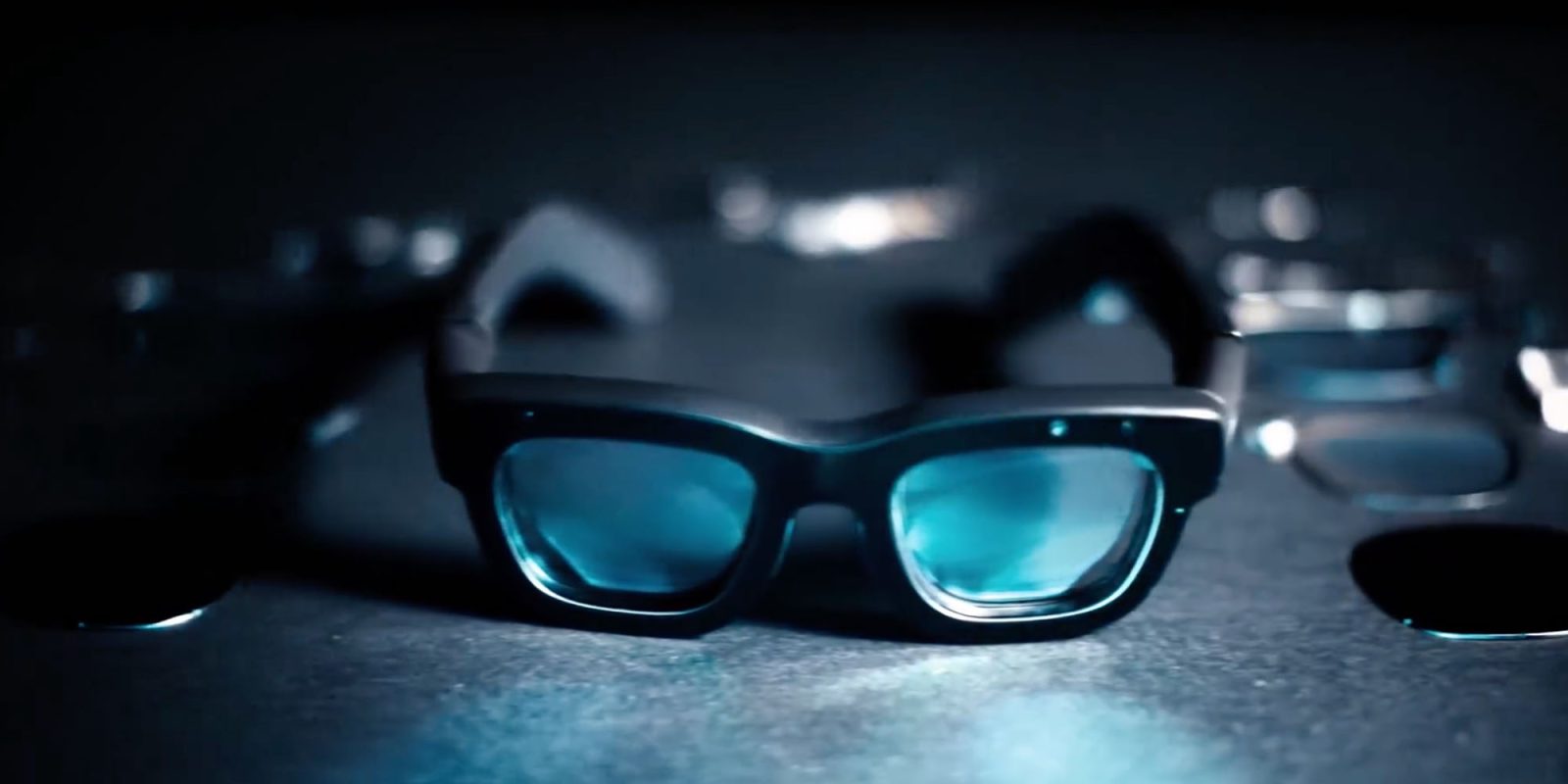
It was back in September when Meta first revealed an early prototype of its Orion AR glasses, and while they are a long way from becoming an actual product you can buy, the company does believe it can achieve this.
Indeed, Meta’s wearables chief thinks that Orion can in time become the AirPods of augmented reality devices …
Orion augmented reality glasses
Meta rather optimistically described the prototype pair as having “the look and feel of a regular pair of glasses,” and I wasn’t entirely in agreement with this description.
Perhaps to a short-sighted person in very foggy conditions at night, but to the rest of us, they look like exactly what they are: An early prototype of a product that takes us one step closer to that ideal.
Don’t misunderstand me. I think what Meta has shown us here is an amazing achievement. It’s quite phenomenal to squeeze this much AR tech into a form factor that is even slightly glasses-like. It’s way closer to glasses than the device shown off last year by Xiaomi. And the display is massively more Vision Pro-like than the proof-of-concept shown by Oppo.
But the gap between what we’re seeing from Meta, and anything Apple would release as a consumer product, is vast. Not to mention the small matter of a $10,000 manufacturing cost.
Meta and Apple are of course taking very different approaches to the same problem.
Both companies want to end up with a truly glasses-like product which displays highly realistic AR content, but while Meta is proudly showing off its work in progress, whatever prototypes exist of Apple Glasses are being kept locked inside the lab.
A common philosophy with Apple
They do, though, seem to have a philosophy in common. Namely the technology should enhance your experience of the real world, not replace it.
This is the reason Apple CEO Tim Cook has said that AR is much more interesting than VR, and Meta too seems to see its Orion project as creating a device people will put on when they want to use it and remove afterwards, not wear full-time.
The company’s Joshua To spoke to FastCo.
To doesn’t imagine Orion will be a place you are sucked into reality 2.0, but a quieter computer you can easily don and doff. “A bit how you think about Airpods,” he says.
In other words, you put in your AirPods when you want to withdraw somewhat from the world to listen to music, but remove them when you want to engage with the people around you.
A surprisingly Apple-like approach to privacy
As someone who suffers from a condition known as mild facial aphasia, which makes it hard for me to recognize faces, one of the killer apps for me has always the idea of AR glasses identifying people I meet. Meta says it plans to do this, but with a surprisingly Apple-like approach to privacy.
Meta has built internal prototypes of its own to name-tag people you see with Orion, and as To describes, “it’s freaking awesome” to know everyone in a room. He floats the idea of a small conference, where you show up and opt-in, like sharing your contact on your phone, allowing your name to be displayed to other people. If you don’t, Orion leaves you anonymous.
“I think if we can thoughtfully do name tags in a very privacy-respectful and thoughtful way, that’s something we’re super interested in doing,” says To.
The full piece is an interesting read.
Image: Meta
FTC: We use income earning auto affiliate links. More.



